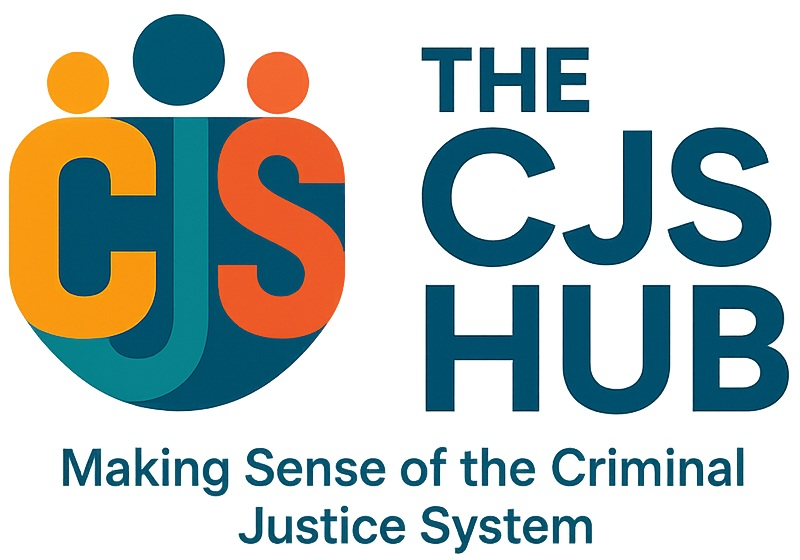Facing the criminal justice system can be one of the most isolating experiences a person or family can go through. Whether you’ve been accused, are awaiting trial, serving a sentence, or supporting someone who is, it can feel as though the world has suddenly got smaller — friends stop calling, family pulls away, and routines vanish overnight.
You’re not alone in feeling like this. The combination of stress, shame, and uncertainty can make it hard to reach out for help, but there are ways to manage those feelings and keep yourself connected while you navigate this difficult time.
Why Isolation Happens
For many, isolation isn’t just physical — it’s emotional too. You might withdraw from people to avoid judgment, or you may find that others step back because they don’t know what to say or believe. If you’re in prison, time locked in your cell and limited social contact can intensify these feelings. Even families supporting someone can feel cut off from friends, work, and normal routines because of the stigma attached.
Understanding that these feelings are a normal response to an abnormal situation can be the first step in tackling them.
Managing Feelings of Loneliness
Small, steady actions can make a huge difference when dealing with isolation:
- Stay connected where you can — Whether it’s short calls, letters, or messages, even small check-ins with people you trust help maintain a sense of belonging.
- Build a routine — Structure brings stability when everything else feels uncertain. Simple daily habits — a set wake-up time, exercise, writing, or reading — can give you a stronger sense of control.
- Use available support — If you’re in custody, prison peer-support schemes, chaplaincy services, and education activities can reduce loneliness. Outside, support groups and online communities can connect you with people who understand what you’re going through.
- Talk about what’s happening — Shame thrives in silence. Sharing your experience with someone who listens without judgement — a counsellor, friend, or peer group — can ease the weight you’re carrying.
Coping with Shame
Isolation often deepens feelings of shame — whether it’s about the accusation itself, the way others treat you, or simply being caught up in the system at all. Shame can make you feel unworthy of support, but it’s important to remember: what’s happening does not define your value as a person.
Speaking openly in safe spaces — whether with family, trusted friends, or specialist peer-support groups — can help dismantle the sense of “being alone” in this experience.
Support for Families and Supporters
If you’re standing beside someone accused or convicted, isolation can hit you hard too. People often don’t understand what supporters go through — the sleepless nights, missed work, fear for the future, and feeling like you can’t talk to anyone.
Reaching out to services, joining support groups, or connecting with others in similar situations can provide relief. The CJS Hub connects families and friends to information, guidance, and communities designed to help you cope too.
Looking After Your Mental Wellbeing
Isolation, shame, and fear can take a toll on mental health. If you notice changes in sleep, appetite, mood, or motivation, it’s important to reach out early — not wait until things become overwhelming.
Professional help can be accessed through:
- Your GP for counselling referrals and mental health support
- Prison healthcare teams if you’re in custody
- Helplines and online resources where you can speak anonymously
The CJS Hub’s Wellbeing Hub also offers guides, tools, and links to organisations that specialise in supporting people going through the criminal justice system.
Isolation doesn’t have to be permanent. It’s a natural reaction to extraordinary pressure, but there are ways to manage it and start reconnecting. Even small steps — talking to someone you trust, joining a support space, or creating a simple daily routine — can make a real difference to how you cope.
If you or someone you love is feeling overwhelmed, remember: you don’t have to face this alone.
